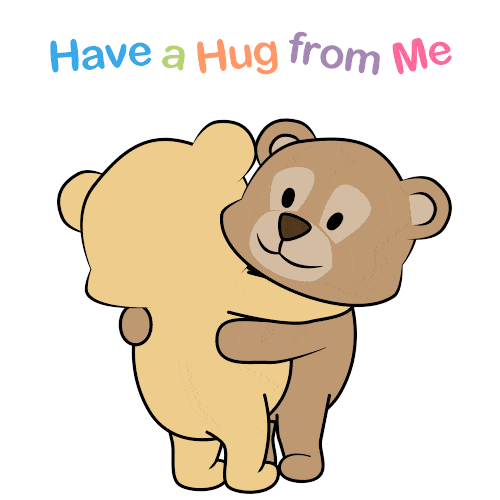Aggression in Children
The link between touch deprivation & aggression in children
Touch is one of the first ways a child learns about the world around them. It is important not only for physical development, but also for emotional well-being. For children, touch plays a major role in building a sense of safety and security. But what happens if a child is touched too little? If a child doesn’t experience enough loving touch, it can lead to problems, including aggressive behavior. In this article, we’ll look at why this happens and what we can do about it.
What is touch deprivation?
Aggression in Children
Touch deprivation, also known as skin hunger, means that a person experiences too little physical contact. This can happen, for example, if a child is neglected, but also if parents or caregivers show little affection. Some social or cultural habits can even cause children to be touched less than is good for them. For a child, this lack of touch is not only annoying, it can also have major consequences for development.
Why is touch so important for a child?
Aggression in Children
Touch is one of the most important ways a baby bonds with their parents or caregivers. A gentle touch, a hug or holding the child makes the baby feel that he is safe. This sense of security is crucial for further development. Through touch, a baby learns that he can rely on the people around him, and that gives him peace of mind. Without this reassurance, a child may feel unsafe and close off from the world.
How does touch affect brain development?
Aggression in Children
Touch also plays a huge role in brain development. When a child is touched, connections are made in the brain that aid in learning and thinking. In addition, touch releases a hormone called oxytocin, the so-called ‘cuddle hormone’. This hormone makes a child feel calm and happy. If a child is touched too little, not only will they miss out on these positive feelings, but the connections in the brain may also be made less well. This can lead to delays in emotional and cognitive development.
The origin of aggression in children
Aggression in Children
Aggressive behavior in children can manifest itself in different ways. Some children express their frustration by yelling, others get physical and hit or kick. Aggression is a normal reaction when a child is angry or frustrated, but if a child often reacts aggressively, it may indicate an underlying problem. Touch deprivation can be one of those problems. If a child experiences little physical contact, it can become more difficult to express their emotions in a healthy way.
Why do some children become aggressive due to touch deprivation?
Aggression in Children
There are several reasons why a lack of touch can lead to aggressive behavior in children. One of the main reasons is that touch helps to reduce stress. Without the calming effect of touch, children may experience more stress and have difficulty coping with that stress. This can cause them to become angry or frustrated more quickly, which can lead to aggression.
In addition, social and emotional skills play a role. Children who receive little loving touch often have difficulty developing empathy, the ability to put themselves in other people’s shoes. This can cause them to be less able to understand how their behavior affects others. They may also have difficulty picking up on social cues, such as when someone is sad or needs support. This insecurity and frustration can manifest itself in aggressive behavior.
What can we do to prevent touch deprivation?
Aggression in Children
It is important that we recognize the value of touch and make sure that children experience enough loving physical contact. This can be addressed in several ways.
1. Therapeutic approaches
For children who are already exhibiting aggressive behavior because of touch deprivation, therapy can offer a solution. In therapy, children can learn to deal with their emotions in a healthy way. Also, therapists can work with parents to help them bring more affection into their child's life. This is not about grand gestures, but about simple things like giving a hug or sitting quietly together.
2. Parent Education
Many parents don't realize how important touch is for their child's development. That's why it's important to educate parents about the benefits of physical contact. This can be done, for example, through courses or parents' evenings at school. Parents can learn that even small gestures, such as a pat on the back or holding a hand, can make a big difference in their child's well-being.
3. School & Community Programs
Schools and community centers can also play a role in promoting positive touch. Think of activities where children learn about boundaries and consent so that they understand when touch is appropriate and when it is not. By teaching children about the power of touch at a young age, we can help to prevent aggressive behavior.
Conclusion
Aggression in Children
Touch is an essential part of a child’s development. Not only does it help build a sense of security and trust, but it also plays a huge role in brain development and social skills. When a child is touched too little, it can lead to behavioral problems, such as aggression. Fortunately, there are several ways to tackle this problem. By making parents and caregivers aware of the importance of touching and teaching children about the power of physical contact, we can ensure that children develop better and are less likely to behave aggressively.
As a society, it is our responsibility to ensure that children experience enough loving touch. This can not only help to reduce aggressive behavior, but also contributes to the overall emotional and social development of children. Because every child deserves to feel loved, safe and understood, and touch plays a vital role in this.








